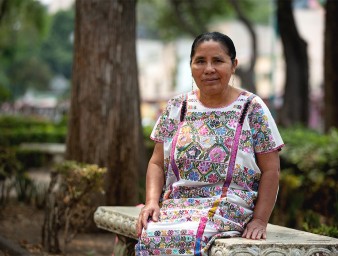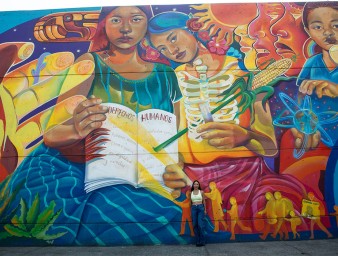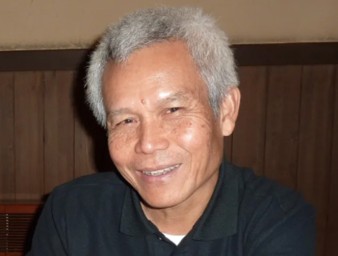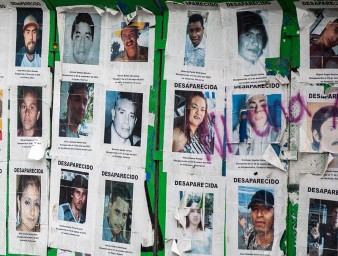A woman’s fight to find her brother, while Mexico’s disappeared reaches 100,000
17 May 2022
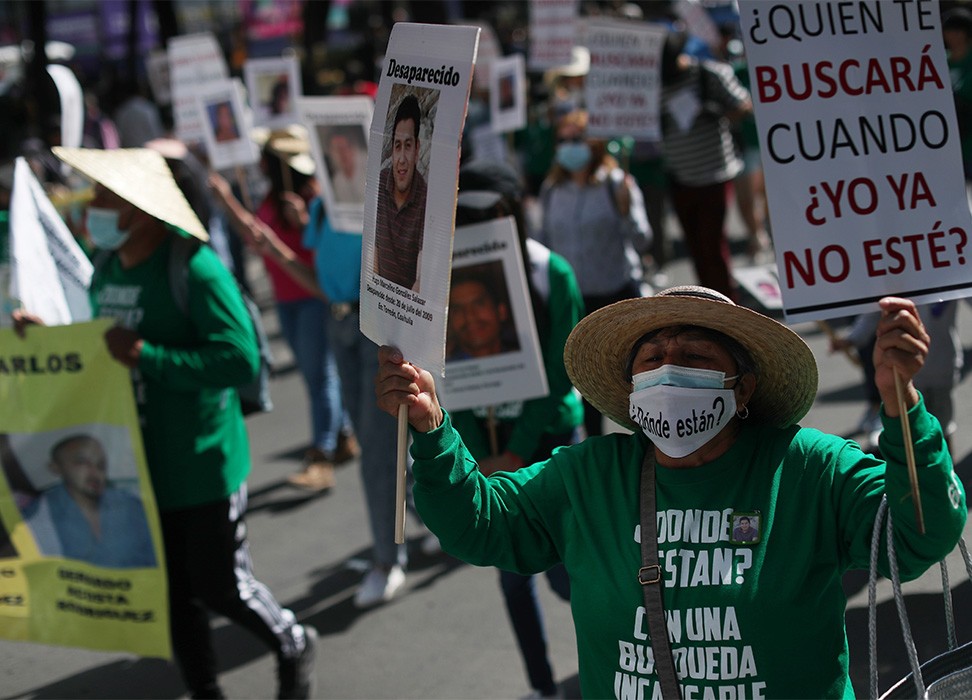
In Mexico, it was like any other day for Dan Jeremeel. He went to his job at an insurance company and planned on picking up his daughter at a friend’s house after work. Later that evening, he was supposed to get his mother from the airport.
He never showed up to meet either duty, which was unlike him, according to his sister, Grace Fernández. As the evening progressed, the grim reality that her brother was disappeared started to sink in.
“Some days after this, a criminal group were seen out with my brother’s car,” she said. “It was a group of six people, four of them were Mexican soldiers that also used to work with the Zeta drug traffickers.”
Jeremeel remains disappeared without a trace since 19 December 2008.
Jeremeel is one of the 100,000 now disappeared in Mexico, according to the National Registry of Disappeared Persons in Mexico. The number is most likely higher as many disappearances go unreported.
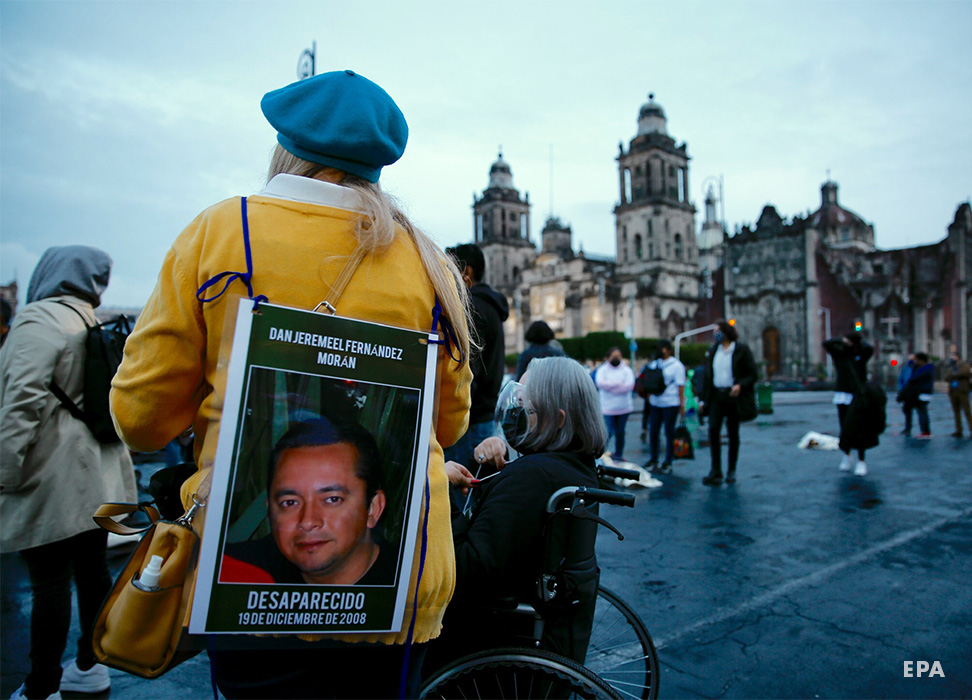
A family member of Dan Jeremeel at a protest for the disappeared in Mexico City, Mexico. Credit: © EPA-EFE/Carlos Ramírez
The Committee on Enforced Disappearances (CED) and the Working Group on Enforced or Involuntary Disappearances both visited Mexico to assess the situation, and to provide recommendations to the State party to prevent and eradicate this unbearable scourge.
Following the CED visit to Mexico in 2021, the Committee issued a report, which revealed the extreme breadth of the disappearance problem in the country. Impunity is a recurring trend in Mexico and results in the lack of trust of victims in institutions result in a high number of unreported cases, the report stated.
In a joint statement, members of the CED and the Working Group expressed their high concern that the number of disappeared person in Mexico continues to climb “despite all the efforts made by victims, their relatives, supporting organisations, as well as by some of the State authorities.”
The Mexican Government has made some steps forward in the fight against enforced disappearances, including the adoption of the General Law on Disappearances and the launch of search committees in all Mexican states.
Families fight for accountability and justice
Fernández is just one example of the thousands of family members who have mobilized to push State authorities to act on adopting measures. In 2019, UN Human Rights Chief Michelle Bachelet visited Mexico to meet with families of the disappeared.
“I was able to see first-hand the courage of the victims’ families, who were key actors in organizing and proposing solutions, and achieving legal and institutional progress towards recognizing the magnitude of this issue in Mexico,” Bachelet said.
Ever since her brother’s disappearance, Fernández and her family who include her mother, her youngest brother and Jeremeel’s oldest daughter, have been fighting and searching for justice. They have been working along with other families of disappeared persons and the authorities to build, implement and improve the laws and protocols for finding disappeared persons, and to support the victims and their families.
“
We are the ones, since the first day, who have been looking for Dan.
“
Grace Fernández, the sister of disappeared Dan Jeremeel
What keeps her going, Fernández explained, is the love for her brother and to support other victims by giving them a voice and a chance to reunite at least some of them with their families.
“If Mexico continues to keep impunity as a main public policy, it is almost impossible to change the dynamic,” she said. “It needs the political will from each and every actor, from all authorities.”
No matter how hard a toll it is, Fernández has made a life-long commitment to fight for her brother, and now also for other victims of enforced disappearances. Her fight is a daily one.
“He is so kind, a loving father, lovely son and a great brother,” she said.
